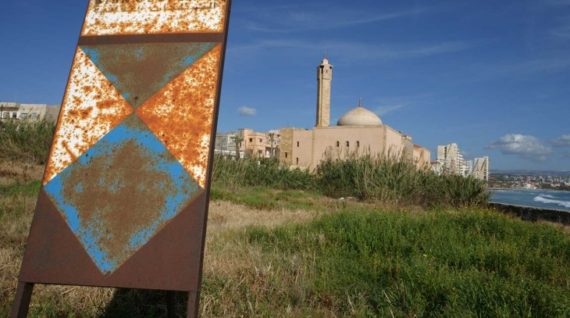Armed conflicts change societies in many unimaginable ways. The destruction of cultural heritage makes this clearly visible. Ancient monuments are destroyed and can never be rebuilt. This directly affects the identity and pride of people and nations.
In order to protect cultural heritage, a treaty was drawn up 65 years ago: the Convention on the Protection of Cultural Property. This Treaty, together with the two associated Protocols, requires countries to do everything possible to protect cultural heritage, according to certain laws. However, nowadays especially non-state groups are involved in armed conflicts. These groups are not able to sign this treaty (and other international treaties), because only states are. How do these non-state groups look at the protection of cultural heritage? And how can we create an international legal system that is better able to protect cultural heritage during the conflicts of today?
About the speakers
- Marina Lostal Becerril is a lecturer in International Law at The Hague University of Applied Sciences. For Geneva Call, she researched the stance of non-state groups towards the protection of cultural heritage. She used Syria, Iraq, and Mali as case studies. In the report, she makes recommendations for better protection of cultural heritage during non-international armed conflicts. Geneva Call is an NGO that wants to increase knowledge and respect for international humanitarian law among non-state armed groups.
- Erin Rosenberg is a legal officer for the Trust Fund for Victims of the International Criminal Court. During this programme, she talks about the reparations devised for victims of the destruction of cultural property in respect of the Al Mahdi case, which was brought before the ICC in 2016
About this programme
The Hague Initiative for Law and Armed Conflict (HILAC) is an initiative of the T.M.C. Asser Institute, The Netherlands Red Cross, and the Amsterdam Center for International Law. The HILAC Lecture Series aims to bring together all those interested in the field of international humanitarian law.

